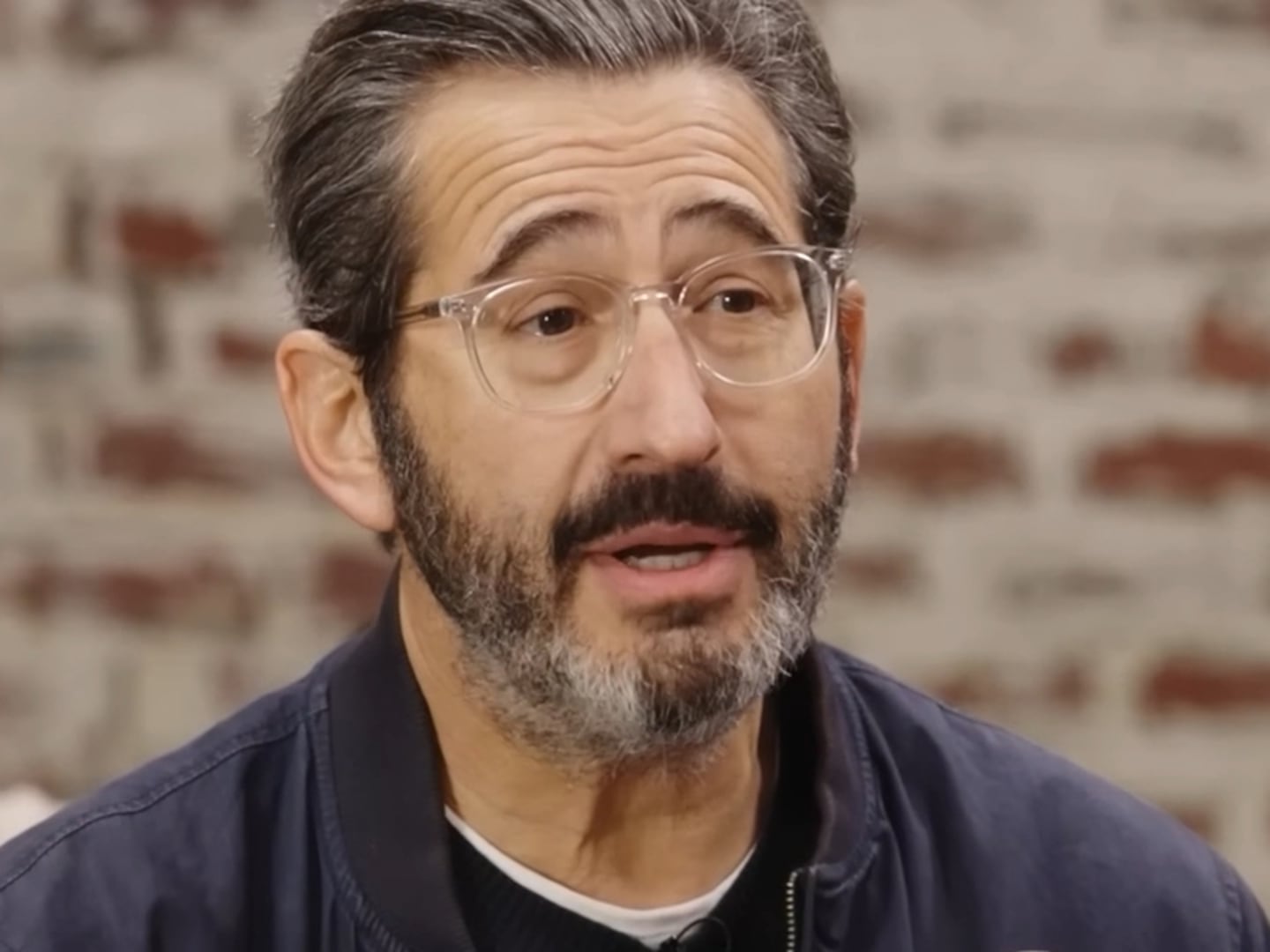Middle East
Ashraf Amra/Anadolu via Getty Images
Doctors in Gaza Reuse Medical Implants Cut Out of Victims
DESPERATE TIMES
Supplies are now so short that doctors working in Gaza tell The Daily Beast they have been forced to resort to extreme improvisation.
exclusive

Trending Now




